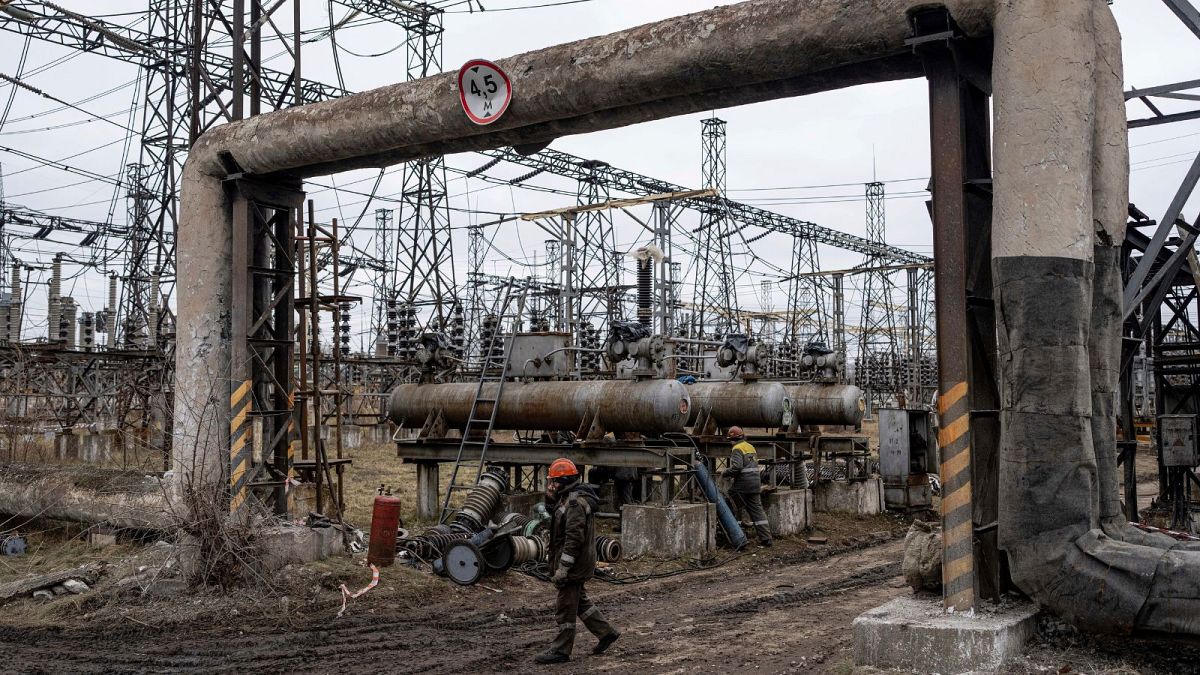As a result, Ukrainian officials announced that the energy shortages would lead to scheduled power outages in Kyiv and several other major cities. The ongoing conflict between Ukraine and Russia has not only resulted in human casualties but has also significantly impacted the country’s infrastructure, including its energy sector. The attacks on power plants and transmission facilities have left many Ukrainians without access to electricity, disrupting daily life and essential services.
The return of rolling blackouts in Ukraine underscores the devastating consequences of the ongoing conflict with Russia. The country’s energy infrastructure has been a primary target for Russian airstrikes, leading to widespread outages and disruptions. The attacks on power plants have not only resulted in physical damage but have also affected the country’s ability to generate and transmit electricity effectively. As a result, Ukrainian officials have been forced to implement scheduled power outages to conserve energy and manage the limited resources available.
The impact of the rolling blackouts is being felt across Ukraine, with residents in Kyiv and other major cities facing uncertainty and challenges due to the lack of electricity. The reliance on electricity for daily activities such as heating, lighting, and communication means that the power outages have a significant impact on the daily lives of Ukrainians. In addition, essential services such as hospitals and emergency response units are also affected by the outages, putting lives at risk and further complicating an already dire situation.
The energy shortages in Ukraine have highlighted the country’s vulnerability to external threats and the importance of having a resilient and diversified energy infrastructure. The reliance on a few key power plants for electricity generation has made Ukraine particularly susceptible to attacks on its energy sector. Moving forward, Ukrainian officials will need to prioritize the restoration and strengthening of the country’s energy infrastructure to ensure a stable and reliable power supply for its citizens.
In light of the ongoing conflict with Russia and the impact on its energy sector, Ukraine may also need to explore alternative sources of energy to reduce its dependence on traditional power plants. Investing in renewable energy sources such as solar and wind power could help diversify the country’s energy mix and make it less reliant on vulnerable infrastructure. Additionally, improving energy efficiency measures and investing in energy storage technologies could help mitigate the impact of future conflicts on Ukraine’s power supply.
The return of rolling blackouts in Ukraine serves as a stark reminder of the devastating effects of conflict on a country’s infrastructure and its people. As the situation continues to evolve, it is crucial for Ukrainian officials to prioritize the restoration and strengthening of the country’s energy sector to ensure the well-being of its citizens. By investing in alternative energy sources and improving energy efficiency measures, Ukraine can mitigate the impact of future conflicts on its power supply and build a more resilient energy infrastructure for the future.











